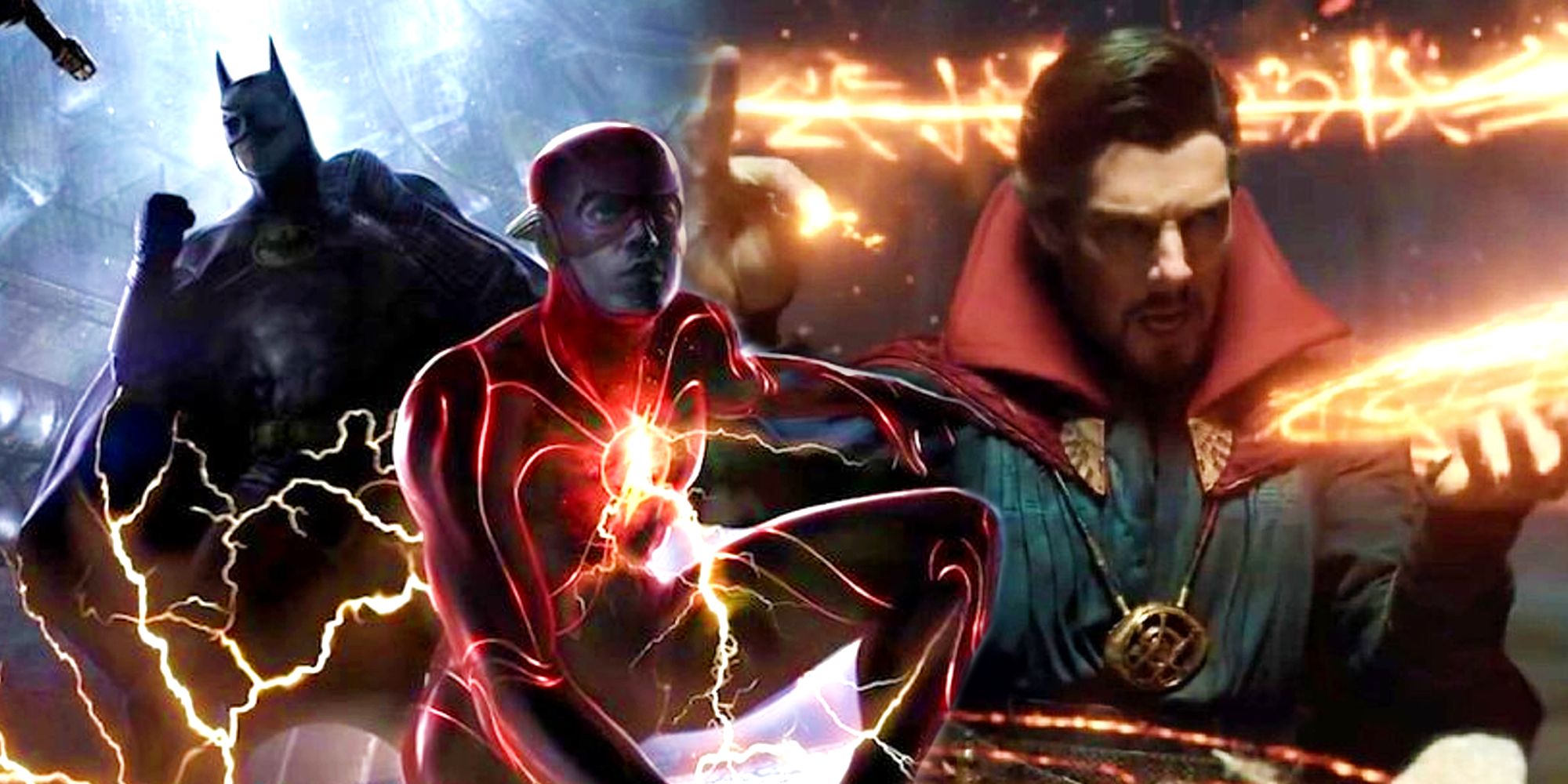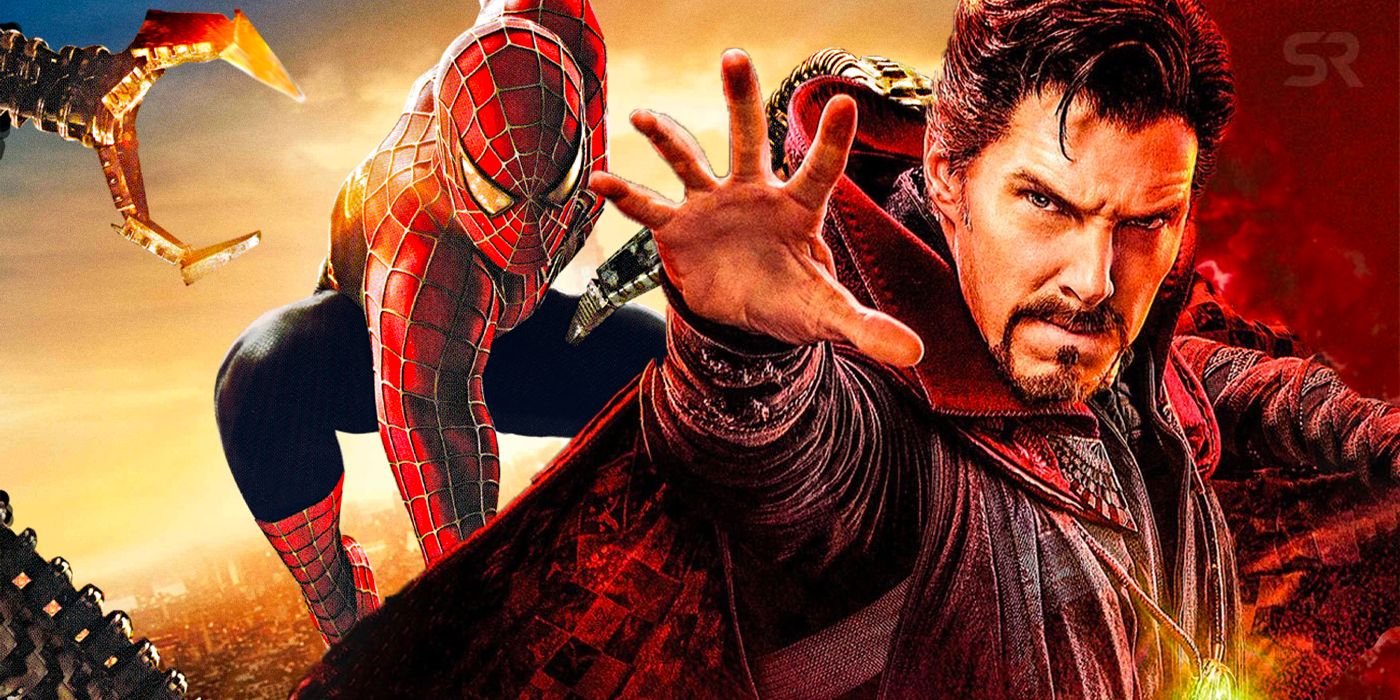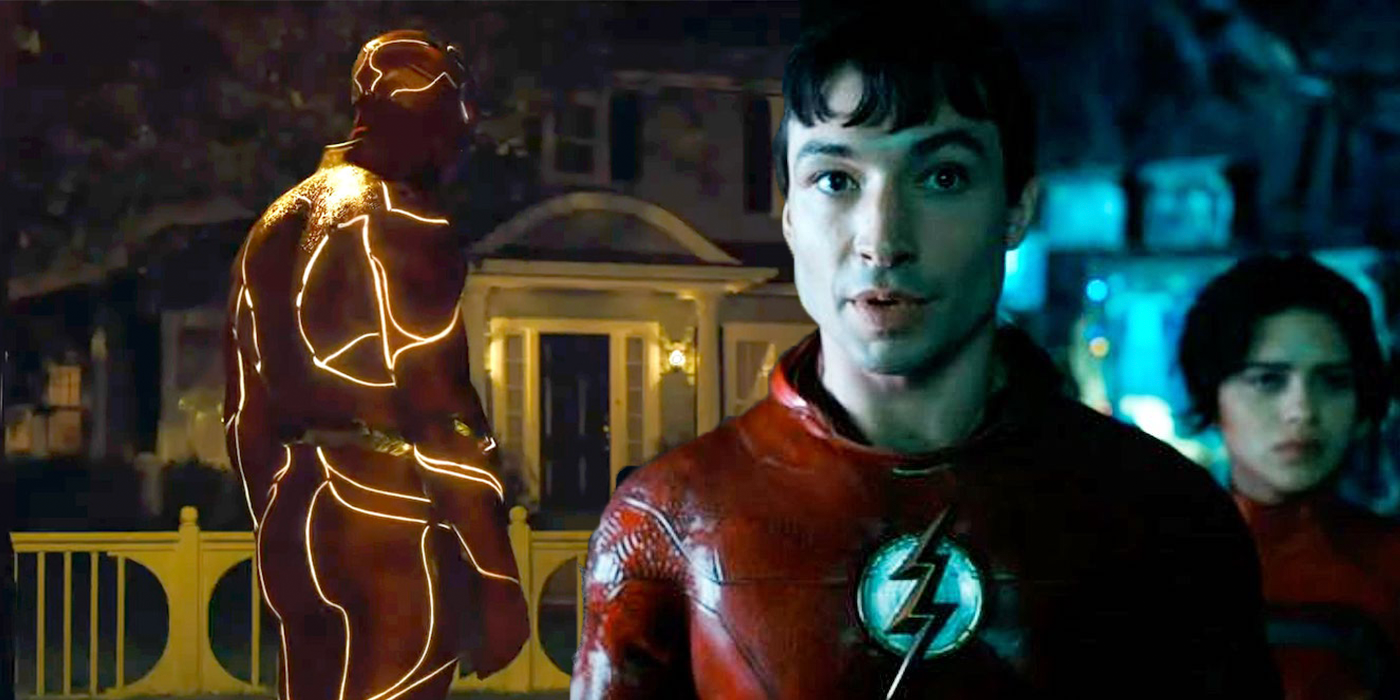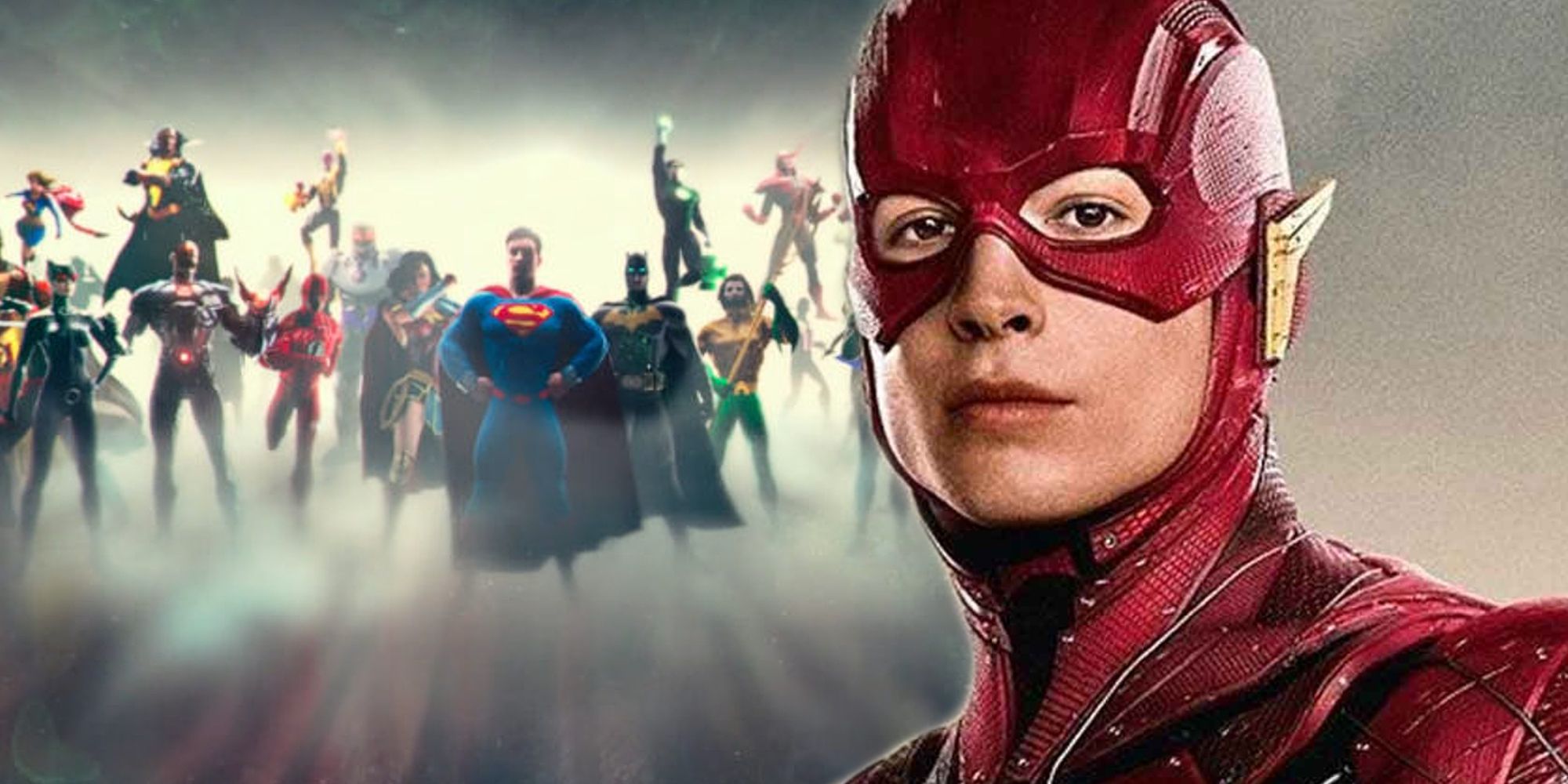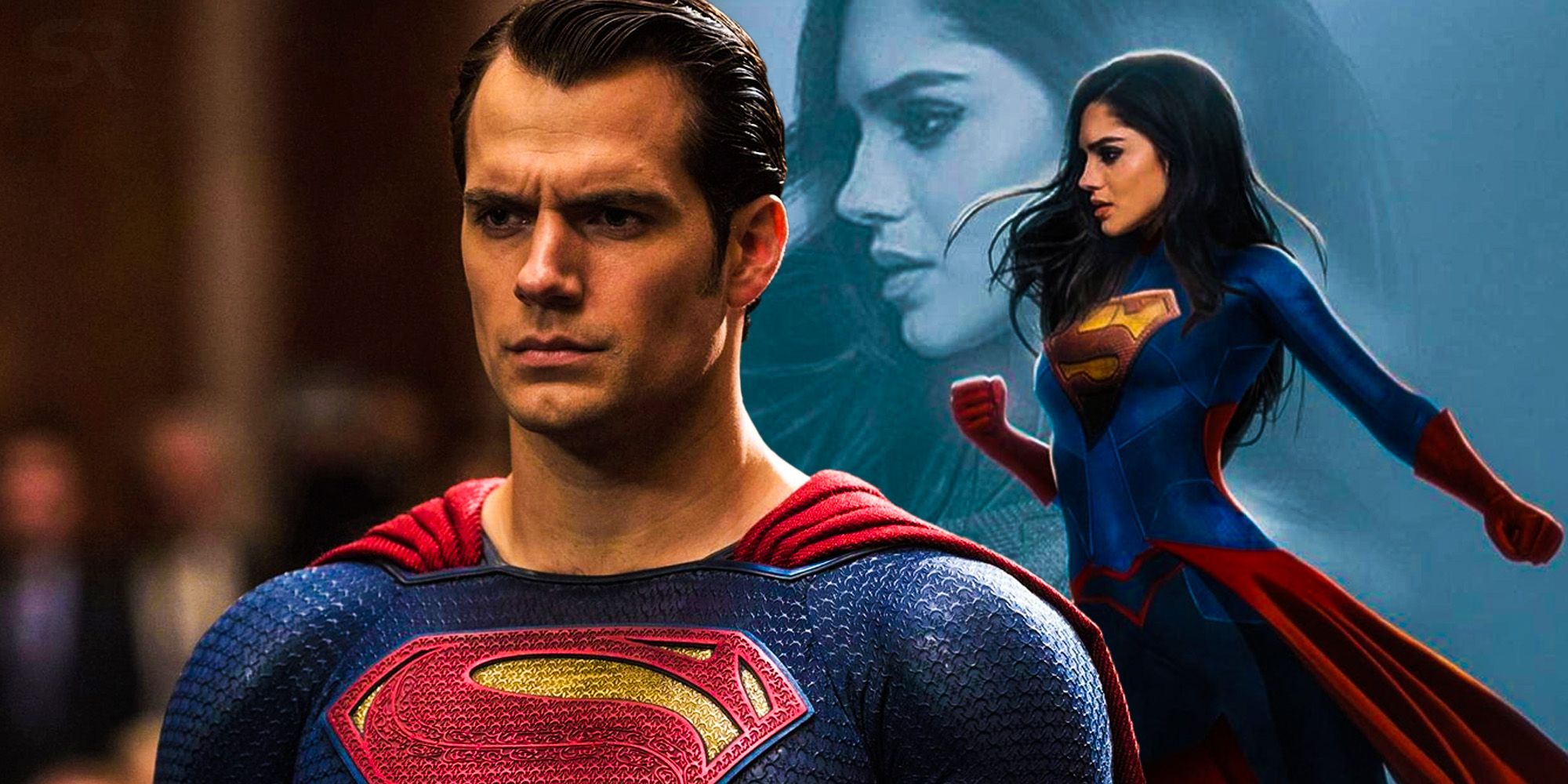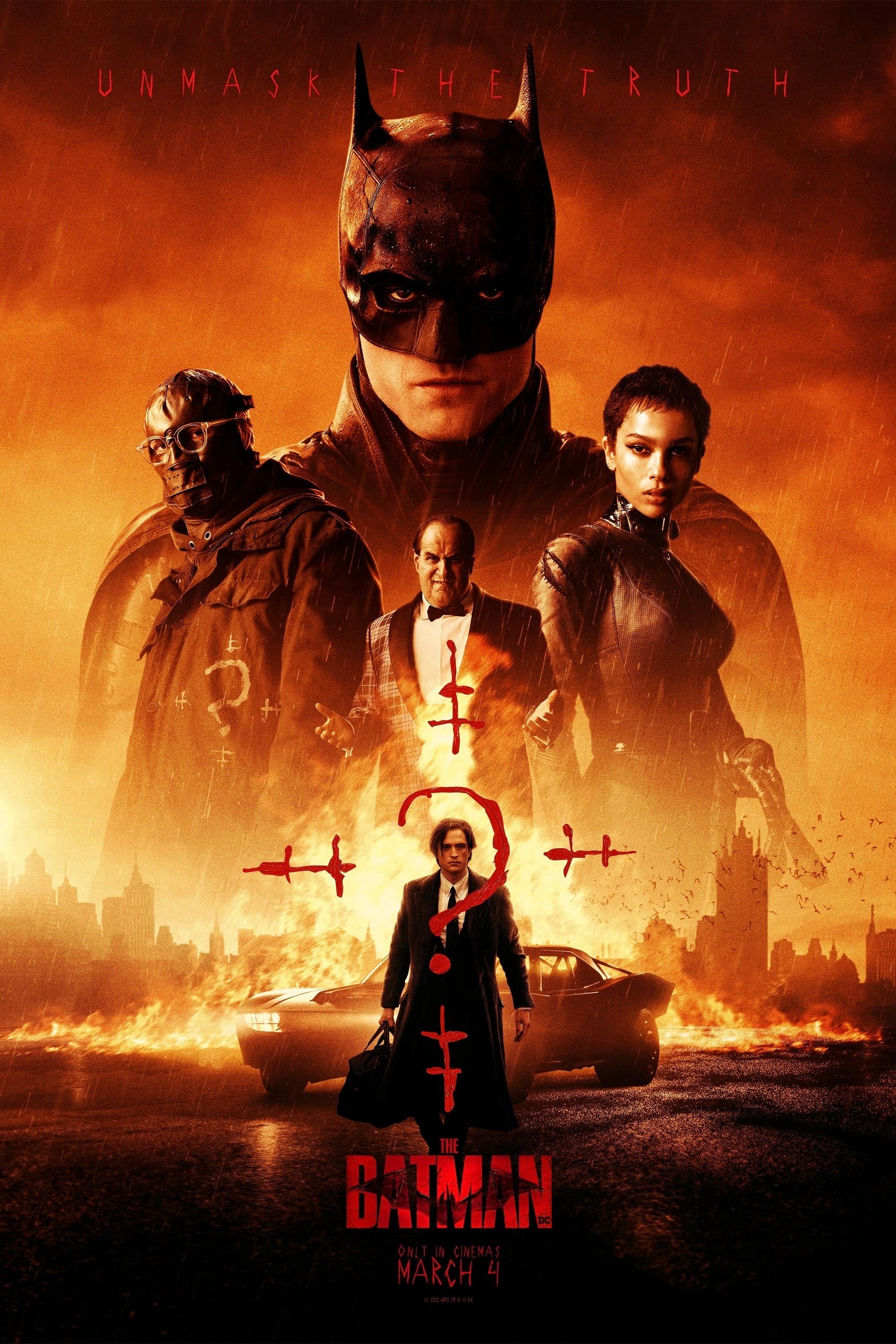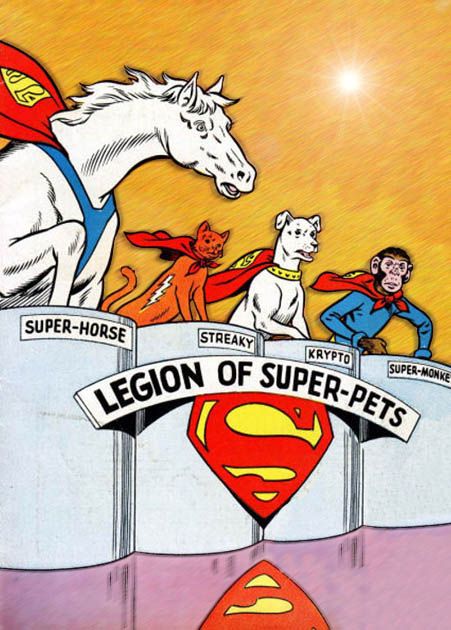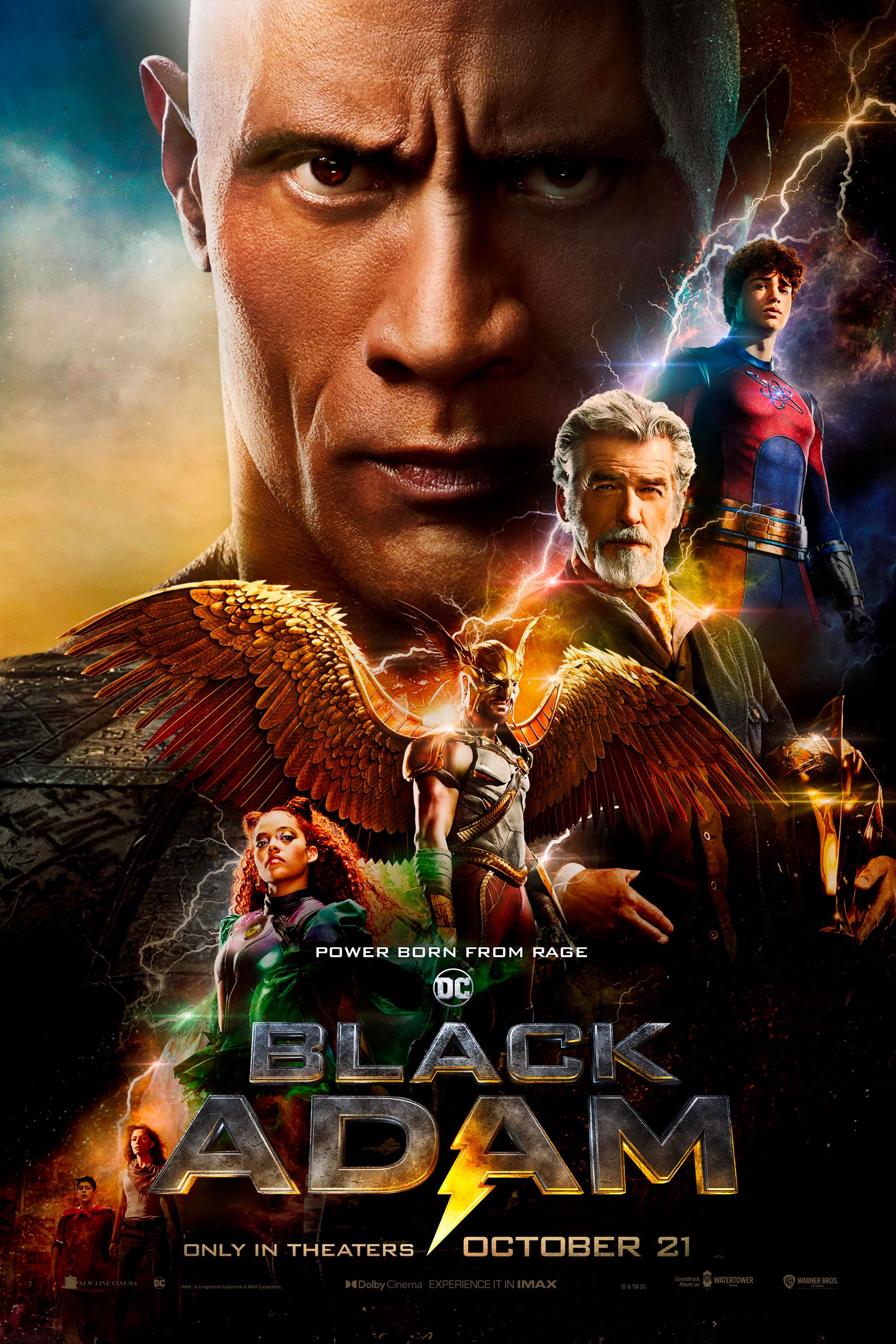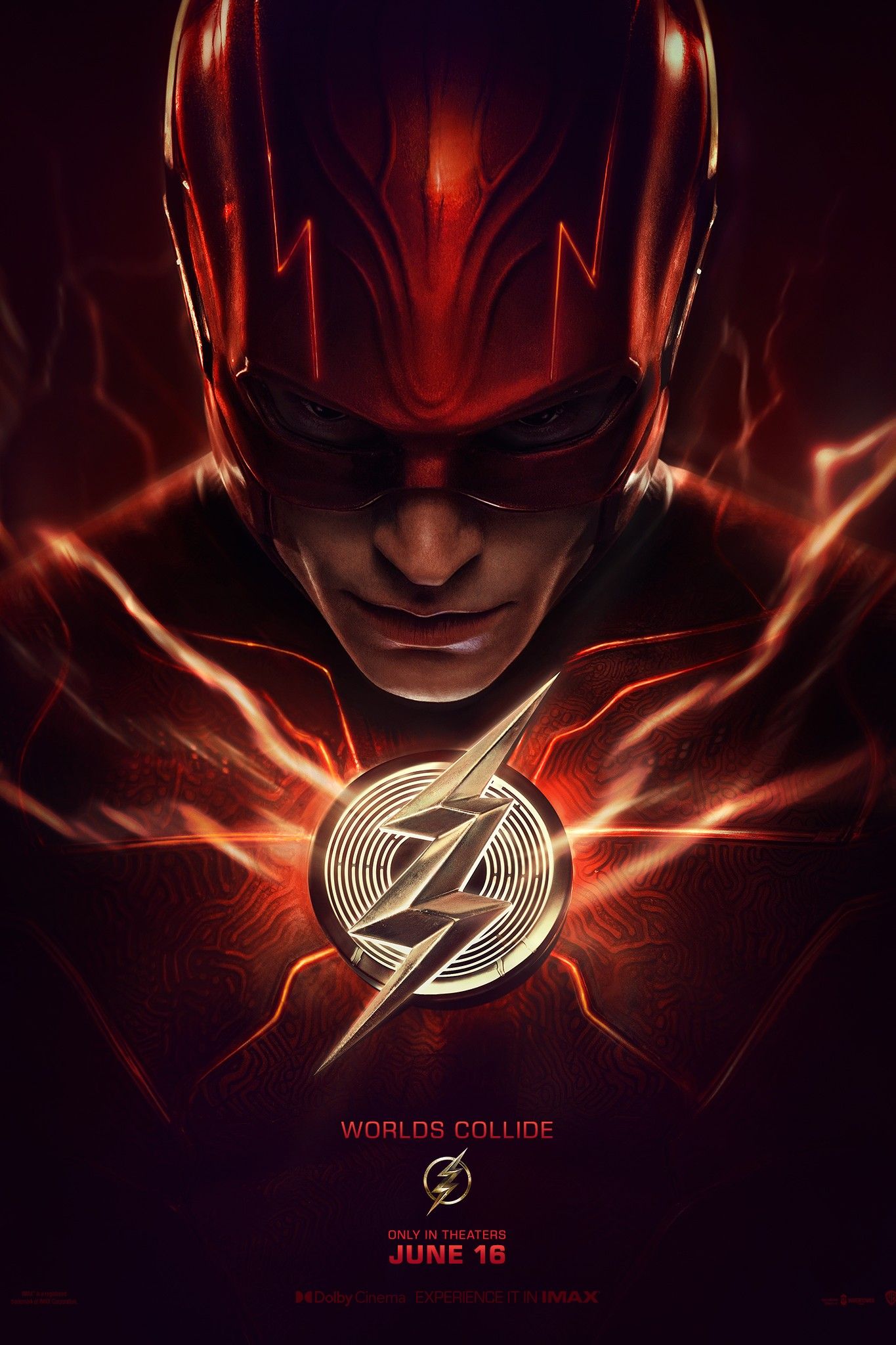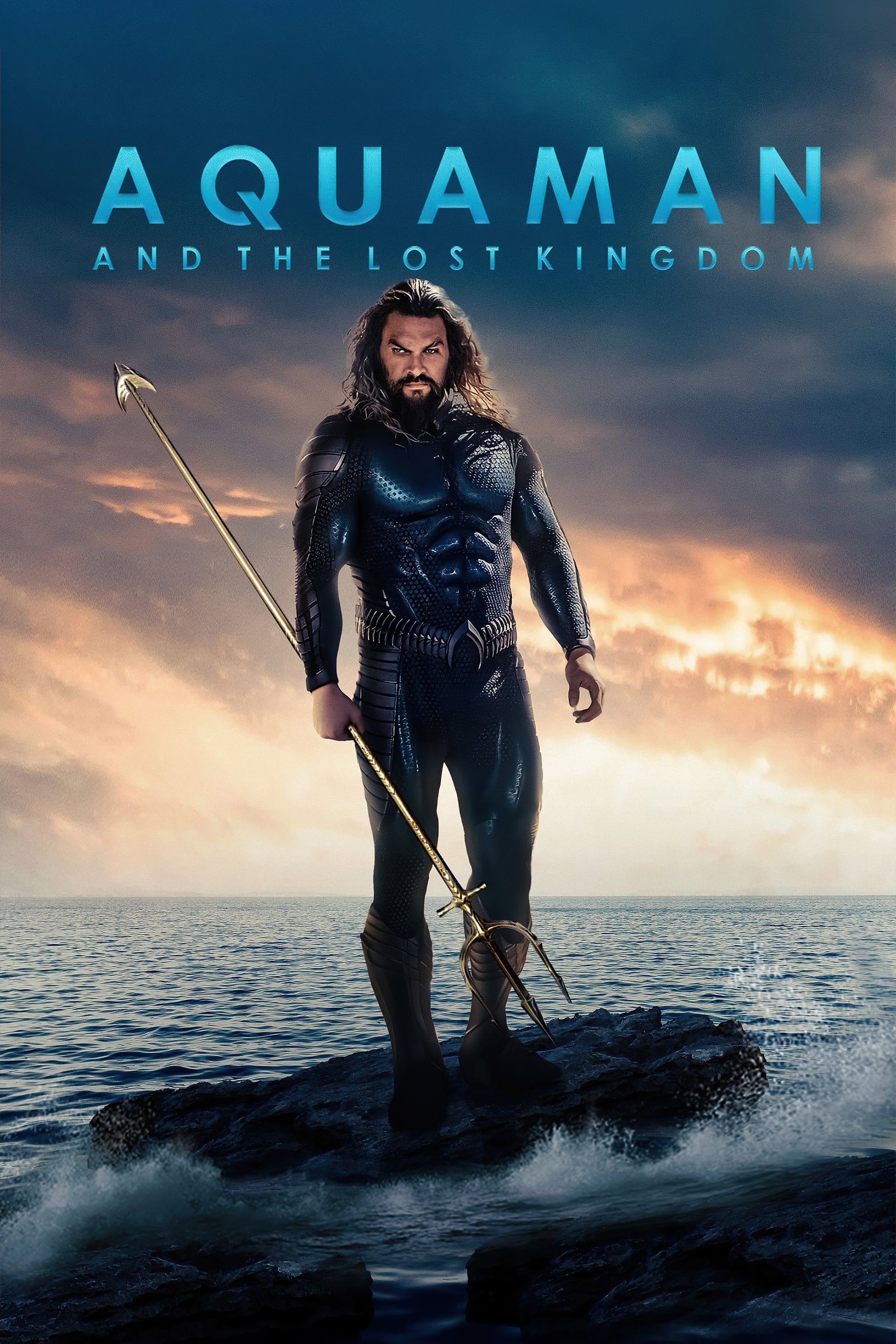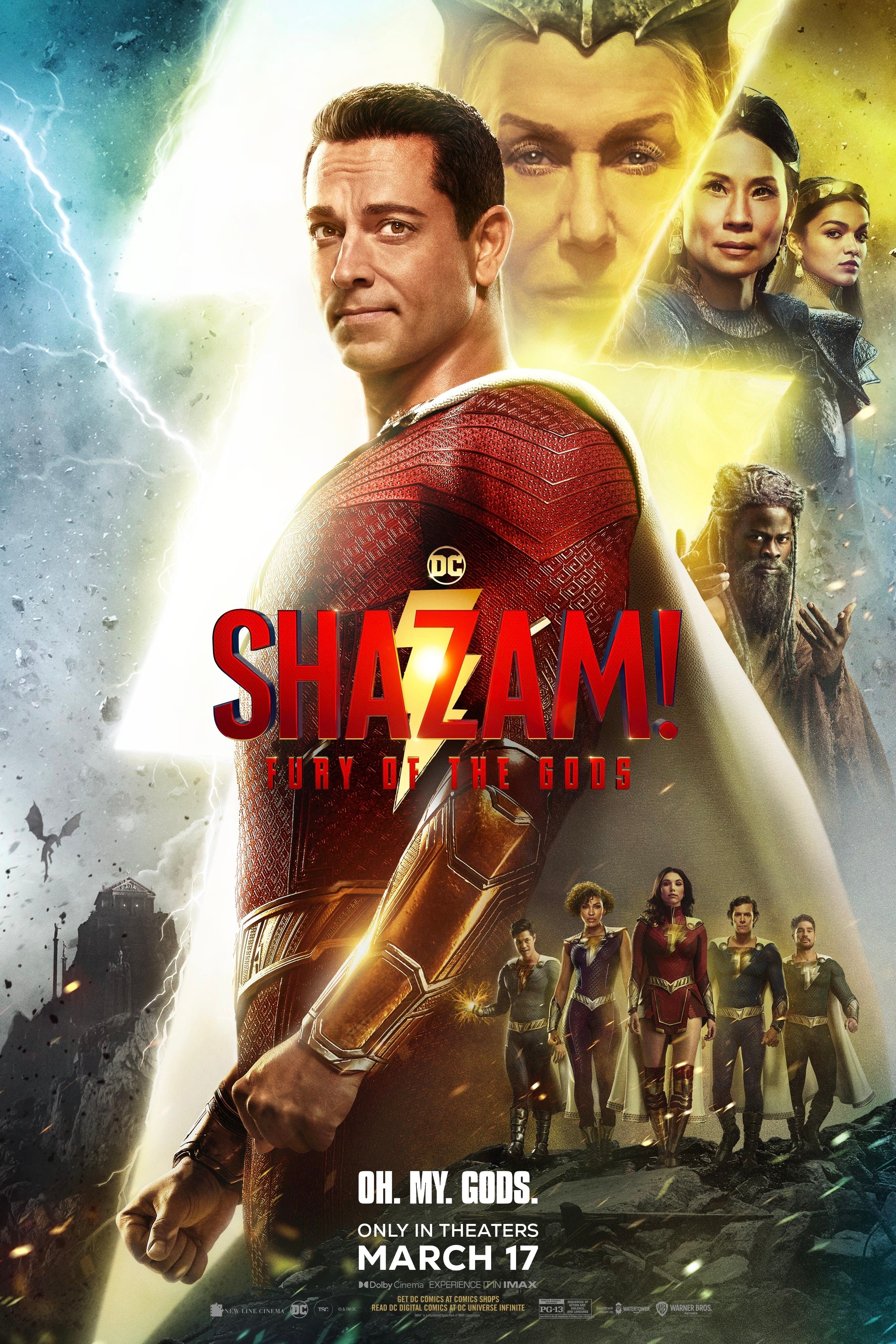The DCEU and the MCU are both using the multiverse to shape the future of their franchises, but in comparison with Spider-Man: No Way Home, The Flash will likely provide a very different look at how alternate realities work. The multiverse is a concept Barry Allen is usually familiar with, as he became one of the earliest characters to meet a multiversal counterpart when he first encountered Jay Garrick in the 1961 comic book "Flash of Two Worlds!." Soon after, DC comics started using parallel worlds to tell different stories about the same heroes or to streamline their continuity. However, the complexity of alternate realities also meant that multiversal "Crisis" events needed to happen every once in a while to keep it all under control.
Marvel has also used the multiverse to tell a wide variety of iconic storylines such as Age of Apocalypse, Marvel Zombies, and House of M, and many of the alternate universes introduced throughout the years have met their end in multiversal cataclysms as well. But while DC and Marvel have created their own complex versions of the multiverse, the MCU beat the DCEU to the introduction of its live-action adaptation. The MCU is only beginning to explore the multiverse, but WandaVision, Loki, What If...?, and Spider-Man: No Way Home have taken big steps towards an eventual cinematic event probably bigger than Avengers: Endgame. The surprise appearances of multiversal characters in Spider-Man: No Way Home proved to be exciting enough to carry the movie to the top of the box office.
Now that Warner Bros. has taken the plunge towards the DCEU's multiverse with The Flash, Ezra Miller's Barry Allen is tasked with singlehandedly giving his franchise a huge overhaul. Without years of training in the Mystic Arts and with the entire Speed Force yet to be explored, Barry's story will likely be quite different than Peter Parker's and Doctor Strange's in Spider-Man: No Way Home. Here's how The Flash will introduce a different multiverse than the one featured in No Way Home.
No Way Home & MCU's Multiverse Explained
Although the rules of the MCU multiverse haven't been set in stone, Spider-Man: No Way Home provided many key pieces of information. For starters, magic spells such as the one Doctor Strange uses to wipe the world's memory of Peter Parker tamper with the fabric of reality, which exists alongside that of alternate realities like the ones Tobey Maguire and Andrew Garfield's Spider-Men inhabit. When Doctor Strange tried to perform the failed spell specifically on Peter Parker's secret identity, it connected with all those individuals who knew Peter's identity across the multiverse, as well as other versions of himself. As seen in Spider-Man: No Way Home and previous Disney+ shows like Loki and What If...?, multiversal variants can look and behave quite similarly between each other or completely different. That's why J.K. Simmons could reprise his role as J. Jonah Jameson but also why Tobey Maguire's Spider-Man is the only known Peter Parker who shoots organic webs from his wrists.
Beyond magic, Loki showed how the Time Variance Authority and He Who Remains took a very systematic approach to the multiverse, with advanced gadgets and a complex bureaucracy put in place to keep one Sacred Timeline from breaking apart. Of course, realities like the Void and the Citadel at the End of Time may be beyond human comprehension, but within the MCU, it's clear that the multiverse can be approached through various means. While Kang and Ant-Man are expected to explore the multiverse from a more scientific perspective in Ant-Man and the Wasp Quantumania, Doctor Strange in the Multiverse of Madness will continue to display the connection between the multiverse and magic through Doctor Strange, his variants, America Chavez's multiversal portals, and Scarlet Witch's chaos magic.
The Flash's Multiverse Origin Will Be Different
Over at the DCEU, the multiverse doesn't seem to be linked either to magic or science. Instead, the only evident glue between realities is the Flash's Speed Force powers. In Batman v Superman: Dawn of Justice, Barry Allen briefly arrives in the present from the Knightmare future to warn Bruce Wayne about Superman's dark turn. This scene teased Barry Allen's ability to harness the Speed Force, though roughly, to travel between timelines and change major events. In The Flash, Barry Allen is expected to use the Speed Force not only to travel through time but also to travel between entire realities. So, when he meets Michael Keaton's Batman, Sasha Calle's Supergirl, and his multiversal doppelganger, Barry may receive some help to control the Speed Force and change the whole DCEU permanently.
The first The Flash teaser featured brief shots where Barry Allen visits his late mother. Considering the influence of DC's Flashpoint comic book storyline, The Flash will likely adapt Barry Allen's motivation to go back in time and save his mother, Nora, from being killed by Eobard Thawne, a.k.a. Reverse-Flash. Given that the DC timeline can't be changed without side effects, Barry Allen may have to sacrifice his desire to see his mother again, similar to Peter Parker's sacrifice of his loved ones at the end of Spider-Man: No Way Home. But unlike Spider-Man, the Flash will be both the victim and the one responsible for the changes he brings to the DCEU multiverse.
How Flash's Multiverse Will Be Used To Change The DCEU
Besides the impact the events of The Flash will have on Barry Allen's life, the DCEU multiverse will likely go through major permanent changes during his adventure. The departure of Ben Affleck's Batman in The Flash suggests that the Justice League introduced in previous movies will never reunite, and Warner Bros.' reluctance to bring back Henry Cavill's Superman is a silent tease at another Kryptonian donning the cape. Since The Flash is reintroducing Michael Keaton's Batman and introducing Supergirl, they will likely become headliners in future movies instead. The multiverse may not disappear at the end of The Flash (if anything, it could spawn even more unique realities), but it will certainly be very different from the one fans have familiarized themselves with throughout the DCEU's early films.
Where Will DC's Multiverse Go After The Flash?
The exact plot of The Flash is still shrouded in mystery, but the DCEU's upcoming projects suggest that it will pave the way for various stories in its revamped multiverse. For instance, The Batman is confirmed to exist in its own universe, where the events of Gotham PD and the Penguin spinoff will also take place. On the other hand, Batgirl will feature Michael Keaton's Batman and J.K. Simmons' Commissioner Gordon, who will exist in a different reality from Jeffrey Wright's take on the same character in The Batman. Aquaman and the Lost Kingdom and Shazam! Fury of the Gods will directly continue the story of the same Arthur Curry, and Billy Batson fans got to know in previous movies, and the events of Black Adam is expected to take place in the same universe, placing the titular anti-hero and the Justice Society in the same continuity as the Justice League. However, The Flash could bring major changes to these movies as well, which will probably mean that their stories move forward without much issue while the events of Man of Steel, Batman v Superman: Dawn of Justice, and Justice League get retconned.

